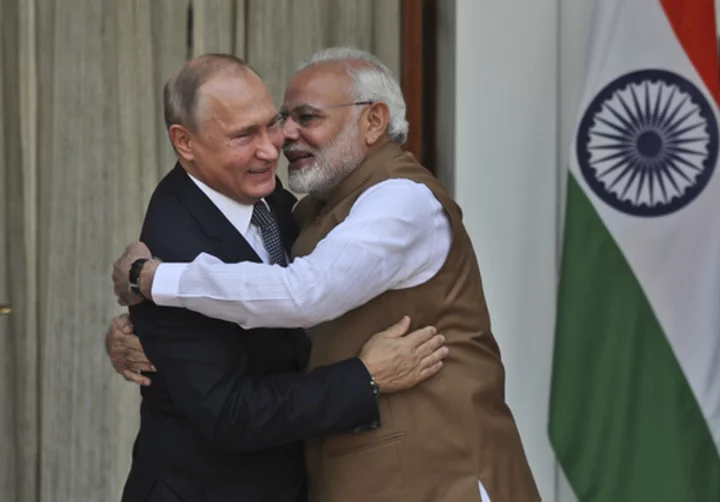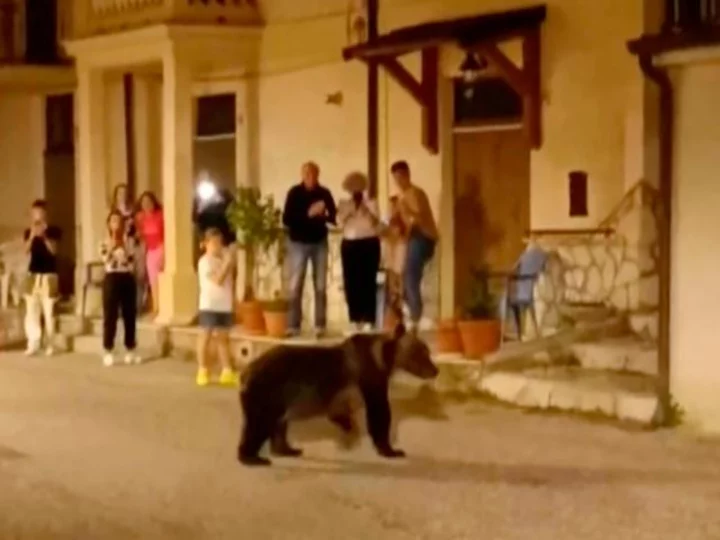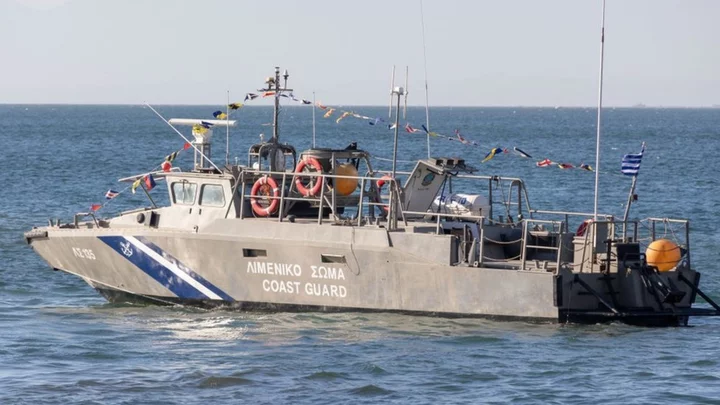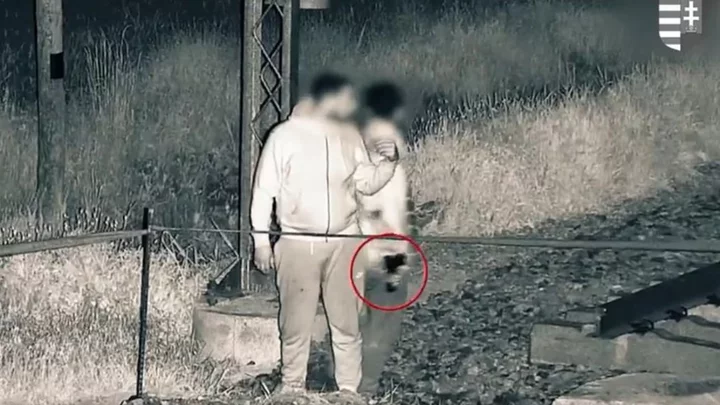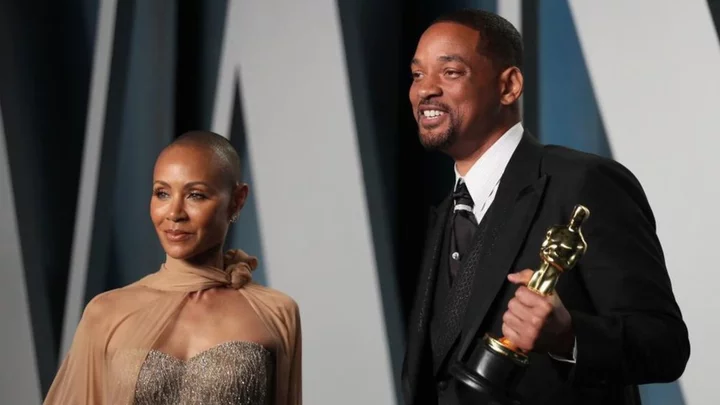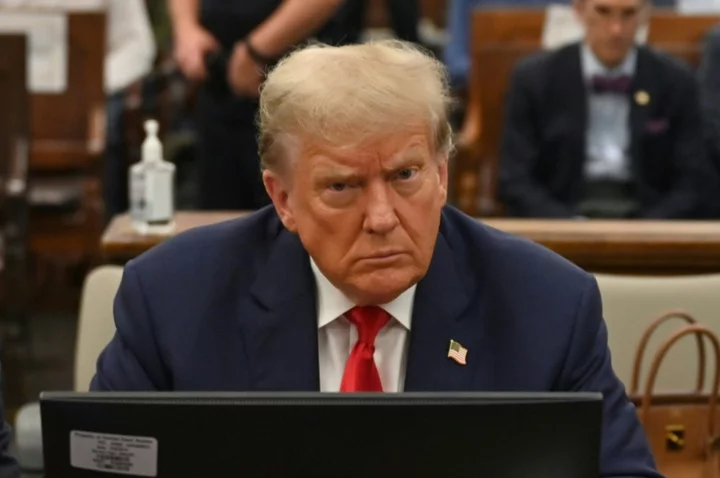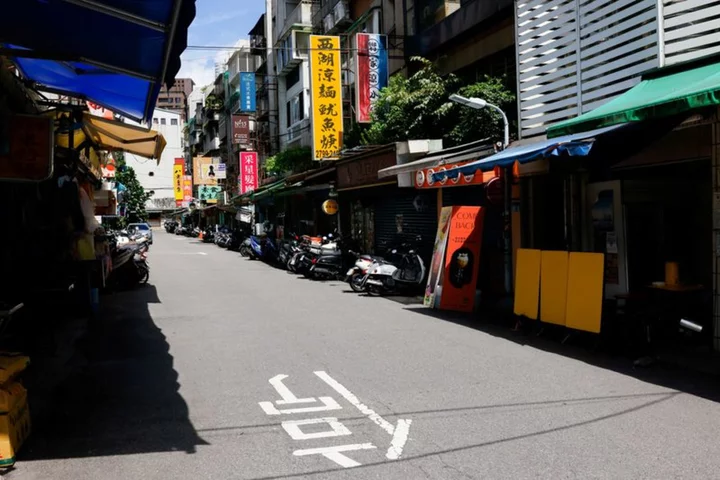NEW DELHI (AP) — India’s prime minister on Tuesday took a veiled swipe at rival neighbor Pakistan and avoided mentioning the war in Ukraine while addressing a group of Asian countries led by China and Russia.
In his opening speech to the Shanghai Cooperation Organization, Prime Minister Narendra Modi said the group should not hesitate to criticize countries that are "using terrorism as an instrument of its state policy."
"Terrorism poses a threat to regional peace and we need to take up a joint fight,” Modi said without naming Pakistan. India regularly accuses Pakistan of training and arming insurgent groups, a charge Islamabad denies.
Russian President Vladimir Putin, Chinese President Xi Jinping and Pakistan Prime Minister Shebaz Sharif are scheduled to address the day-long virtual summit.
Modi also warned of global challenges to food, fuel and fertilizer supplies. Trade in all three has been disrupted by Russia's 14-month-long war in Ukraine, but SCO members have largely avoided direct mention of the war.
Putin is participating in his first multilateral summit since an armed rebellion rattled Russia, at one of the few international grouping in which he enjoys warm relations with most members.
For Putin, the summit presents an opportunity to show he is in control after a short-lived insurrection by Wagner mercenary chief Yevgeny Prigozhin.
The Shanghai Cooperation Organization is a security grouping founded by Russia and China to counter Western alliances from East Asia to the Indian Ocean. The group includes the four Central Asian nations of Kazakhstan, Kyrgyzstan, Tajikistan and Uzbekistan, all former Soviet republics in which Russian influence runs deep. Pakistan became a member in 2017, and Iran, which is set to join on Tuesday. Belarus is also in line for membership.
The United Nations Secretary-General Antonio Guterres in a message to the summit that it was taking place amid growing global challenges and risks. "But at a time when the world needs to work together, divisions are growing, and geopolitical tensions are rising.”
"These differences have been aggravated by several factors: diverging approaches to global crises; contrasting views on nontraditional security threats; and, of course, the consequences of COVID-19 and Russia’s invasion of Ukraine,” he said.
This year’s event is hosted by India, which became a member in 2017. It’s the latest venue for Prime Minister Narendra Modi to showcase the country’s growing global clout.
Days after his return from a high-profile visit to the United States, India’s Prime Minister Narendra Modi on Friday had a telephone conversation with Putin about the recent developments in Russia, India’s External Affairs Ministry said.
Modi reiterated calls for dialogue and diplomacy between Russia and Ukraine, ministry spokesman Arindam Bagchi said.
India has avoided condemning Russia for its war on Ukraine and abstained from voting on U.N. resolutions against Russia.
SCO meeting usually focus on issues like security and economic cooperation, fighting terrorism and drug trafficking, tackling climate change and the situation in Afghanistan.
When SCO foreign ministers met in India last month, Russia’s war in Ukraine barely featured in their public remarks but the fallout for developing countries on food and fuel security remains a concern for members of the group, analysts say.

